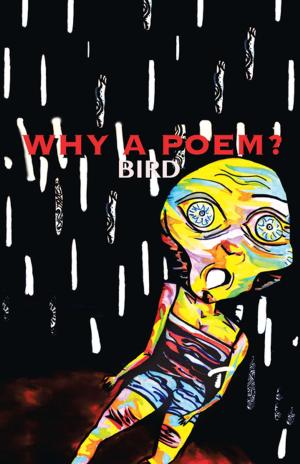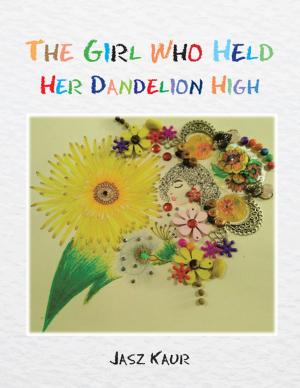Eleanor Rigby
The Chronicles of Great Love and Fall of Great Empire
Fiction & Literature, Short Stories, Nonfiction, History| Author: | Zamir Osorov | ISBN: | 9781482823585 |
| Publisher: | Partridge Publishing Singapore | Publication: | June 18, 2014 |
| Imprint: | Partridge Publishing Singapore | Language: | English |
| Author: | Zamir Osorov |
| ISBN: | 9781482823585 |
| Publisher: | Partridge Publishing Singapore |
| Publication: | June 18, 2014 |
| Imprint: | Partridge Publishing Singapore |
| Language: | English |
This novel is as a keepsake. It comes to us from times irreversable, when the Kyrgyz Republic was still solidly embedded in the USSR and few people dared to dream about an independent future. For most Kyrgyz, contacts with the West were limited to the one-way traffic of Beatles-cassettes brought about by Soviet soldiers serving in Eastern Europe. In those late seventies, early eighties, a period of stability in Soviet history, the events of this story take place. Four students experimenting with telepathy turn upside down their home village when one of them fixes in his dream a date with an english girl. In expectation of her arrival, the students agitate the whole population to tidy up their houses, the streets and in the meantime their morality. Kyrgyz tradition prescribes hospitality, but the isolated village lacks of many elementary conveniences. By depicting the struggle with the bureaucratic authorities which the students have to fight in order to improve the life circumstances, the writer shows the defects of the political system. The novel is a cultural critique, a profound complaint against the mentality of inertness fostered throughout decades of Soviet rule. Though the students are oriented to the West, they love their homeland and keep hoping for a better future. Now that reality has surpassed all dreams and Kyrgyzstan has become a democratic republic, people ardently try to get rid of the past. Contacts with the West flourish in the form of international organisations which aim to develop a civil society in Central Asia. As a journalist, the author is watching the changes in his country attentively. His novel was an invitation for the West to come, but the story doesnt end with it. We can expect a following-up, since these times of transformation are fascinating for all who are interested in the young republics of the former USSR. The editor, Kirsten Verpaalen (anthropologist)
This novel is as a keepsake. It comes to us from times irreversable, when the Kyrgyz Republic was still solidly embedded in the USSR and few people dared to dream about an independent future. For most Kyrgyz, contacts with the West were limited to the one-way traffic of Beatles-cassettes brought about by Soviet soldiers serving in Eastern Europe. In those late seventies, early eighties, a period of stability in Soviet history, the events of this story take place. Four students experimenting with telepathy turn upside down their home village when one of them fixes in his dream a date with an english girl. In expectation of her arrival, the students agitate the whole population to tidy up their houses, the streets and in the meantime their morality. Kyrgyz tradition prescribes hospitality, but the isolated village lacks of many elementary conveniences. By depicting the struggle with the bureaucratic authorities which the students have to fight in order to improve the life circumstances, the writer shows the defects of the political system. The novel is a cultural critique, a profound complaint against the mentality of inertness fostered throughout decades of Soviet rule. Though the students are oriented to the West, they love their homeland and keep hoping for a better future. Now that reality has surpassed all dreams and Kyrgyzstan has become a democratic republic, people ardently try to get rid of the past. Contacts with the West flourish in the form of international organisations which aim to develop a civil society in Central Asia. As a journalist, the author is watching the changes in his country attentively. His novel was an invitation for the West to come, but the story doesnt end with it. We can expect a following-up, since these times of transformation are fascinating for all who are interested in the young republics of the former USSR. The editor, Kirsten Verpaalen (anthropologist)















